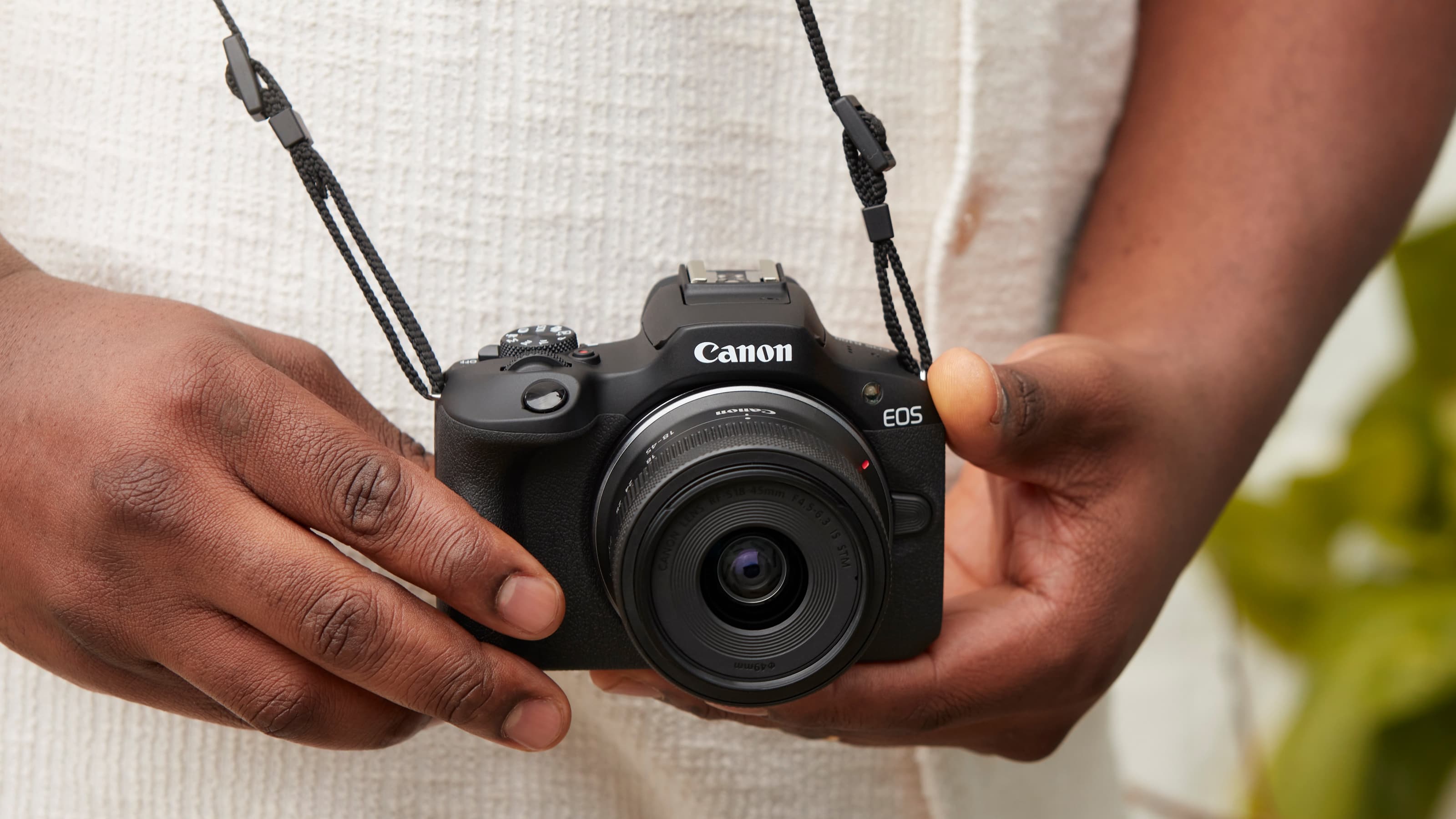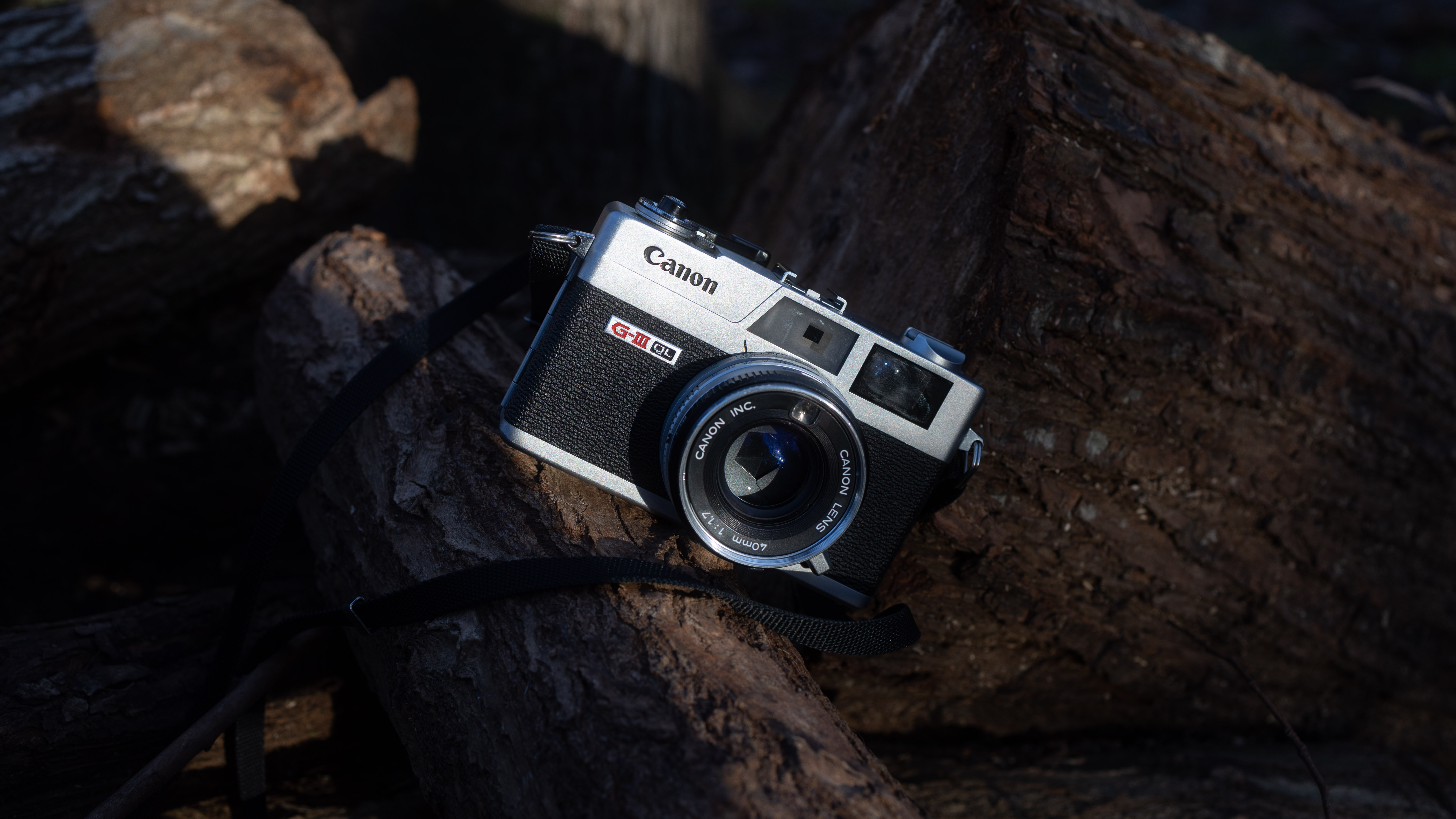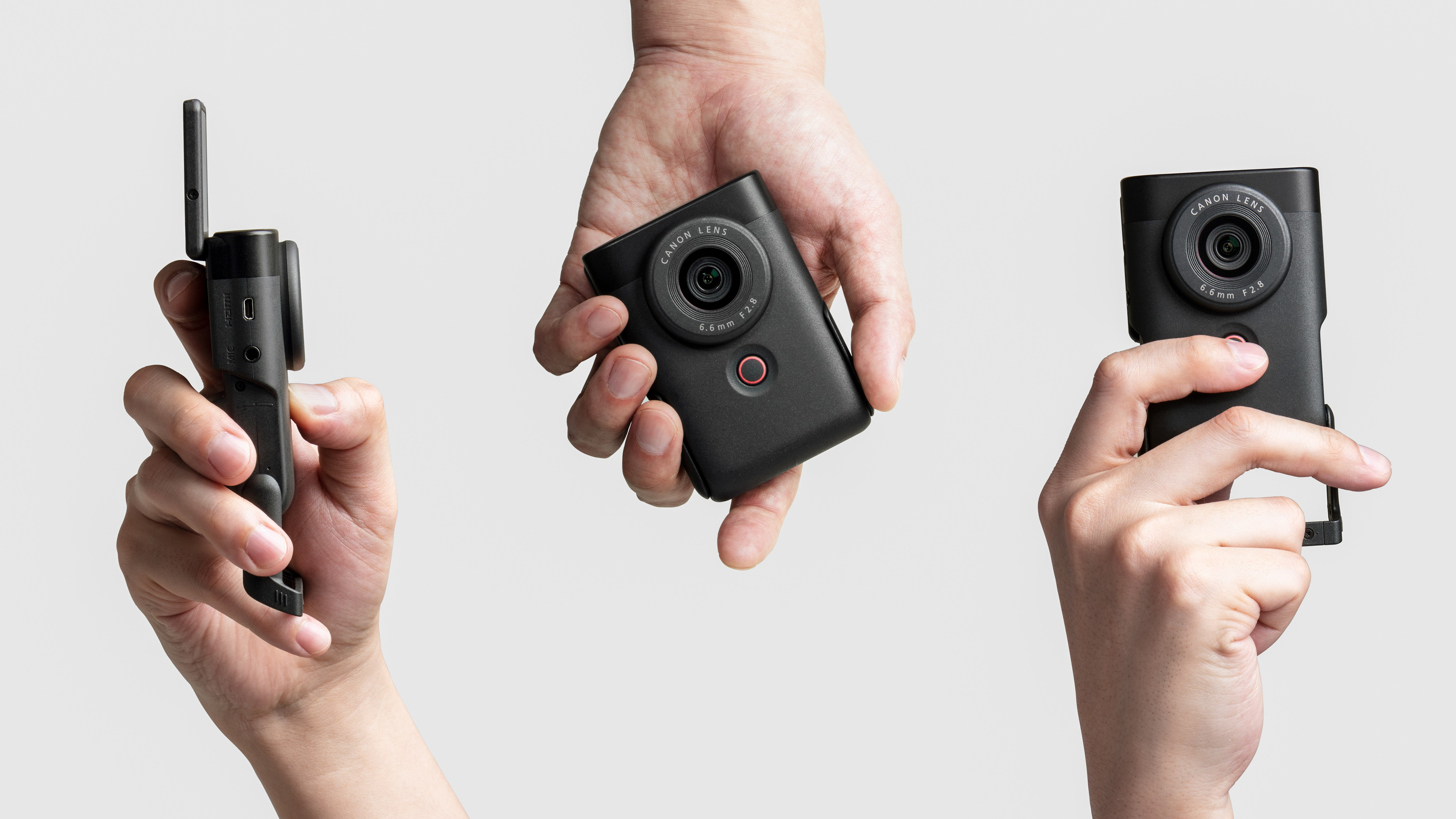
As exciting as Canon cameras are technically, is their design getting stale? Canon’s design seems to be perpetually safe, surfacing up the same camera bodies inspired by the DSLR era and just filling the rehashed designs with new technology.
To be clear, I am talking more about entry-level models like the recently announced Canon EOS R100, and less about Canon’s pro models. Having familiar polycarbonate bodies that can take a beating works for professional models like the Canon EOS R3, but Canon’s shrunk-down versions aimed at beginner and enthusiast photographers just bore me with their perfectly nice, but pedestrian designs.
Canon's cameras are Russian dolls, all looking near identical, save for their decreasing size, with each entry increasingly looking like the result of asking generative AI to redraw a new Canon camera. It feels like Canon is afraid to try new things with their main range at risk of upsetting someone, and thus Canon’s lower-end cameras just don’t feel exciting or innovative to look at as other brands do.

In contrast, Fujifilm, which between its Instax range of cameras and retro-inspired cameras like the Fujifilm X100V is just the coolest camera brand right now, demonstrates exactly how to take desirable designs from the past and remake them for today. Fujifilm also nails distinct product design families, the Fujifilm X-Pro3 and Fujifilm X-H2 are very different cameras both in looks and technology, and both have a clear idea of exactly what type of consumer they are for.
It’s not like Canon doesn't have a shortage of past cameras for reference designs. Two of the biggest-selling cameras of all time are the Canon AE-1 and the Canonet QL17 G-III, which both coincidentally are very attractive-looking cameras. Reviving desirable old-school camera design is a message Nikon has understood loud and clear with the release of the popular Nikon Z fc.

But Canon doesn't have to look to the past. Sony also excels at separating its cameras into distinct categories by their designs alone, ZV cameras are for vlogging, FX cameras are for filmmakers, and A-series cameras are traditional photographers and hybrid shooters. Sony cameras have a distinct design that has subsequently attracted a legion of devout followers, especially from younger generations.
Canon briefly tried something different with its EOS M range of cameras, like the excellent Canon EOS M6 Mark II, using new materials and a new design aesthetic, which felt like a breath of fresh air from the stagnant DSLR designs. The EOS M obviously failed to be the runaway success Canon hoped for, but I am not sure design was to blame as for those who actually used them, the EOS M cameras were well received.

Canon still throws out curveballs, like Canon Powershot V10, a camera designed for cool young vloggers while actually looking like someone tried to tart up a police body camera, but love it or hate it, I just wish that Canon would take some similarly inspired risks with their main EOS R series of cameras.
For myself, I use Canon EOS R cameras for a lot of my professional photography work because I love their controls, fantastic technology, and incredible images. However, day-to-day I use Fujifilm cameras as I just enjoy the look and feel more, but also how I feel using them. How much I use my cameras is going to directly determine how much I value them, and value replacing them in the future with newer models… or maybe looking to other brands.
You can find out more about the best Canon camera in our guide. Or if you are already a Canon shooter, find out some of the best Canon lenses for your camera.







